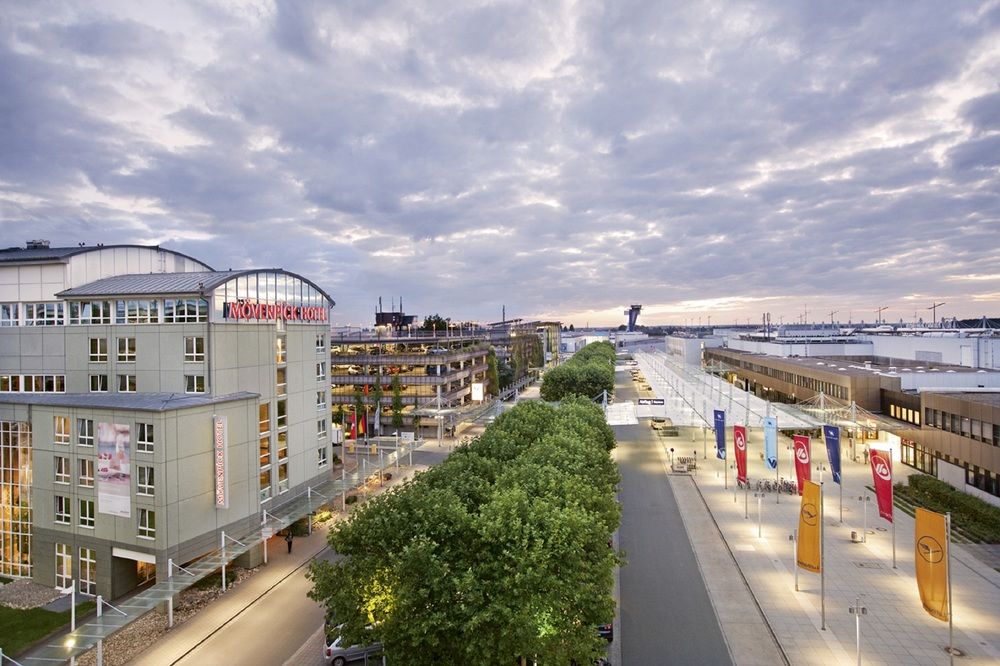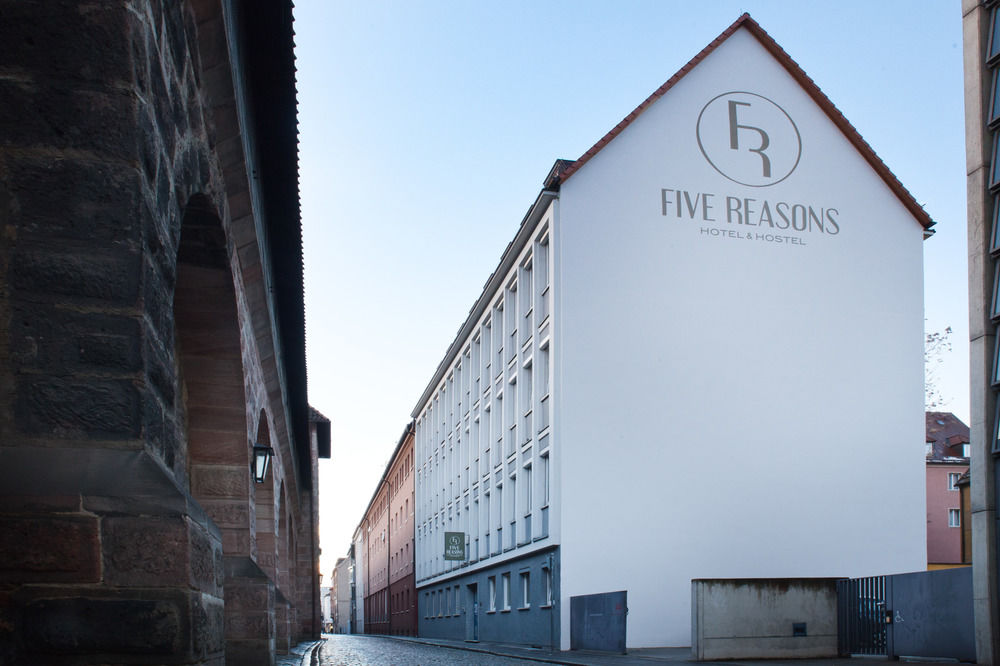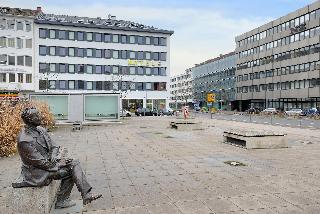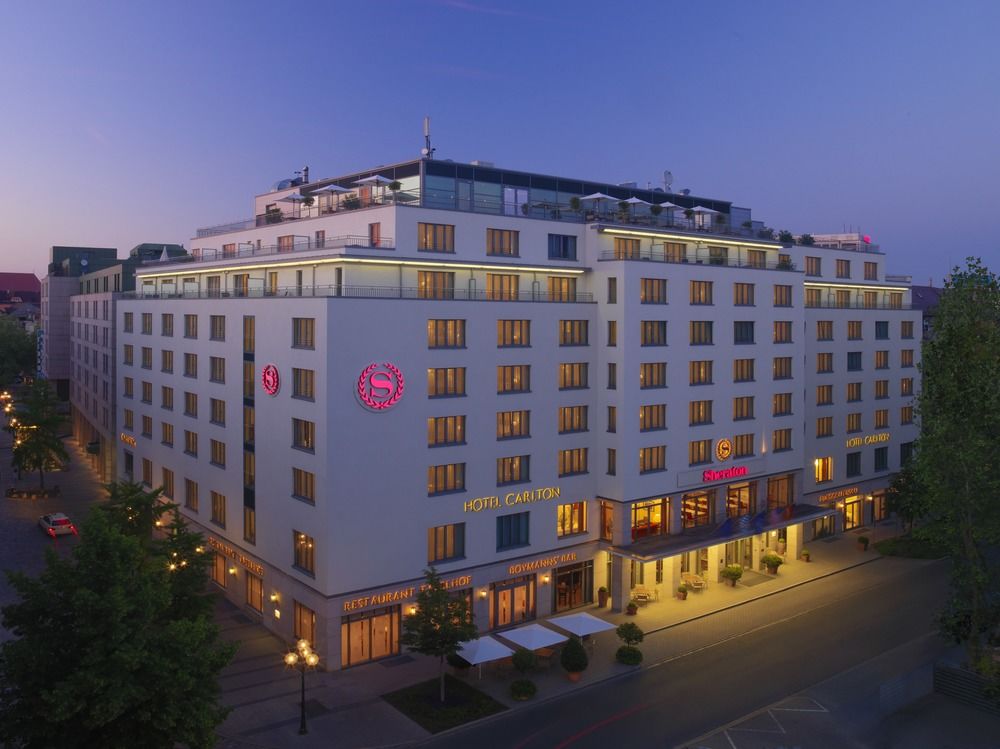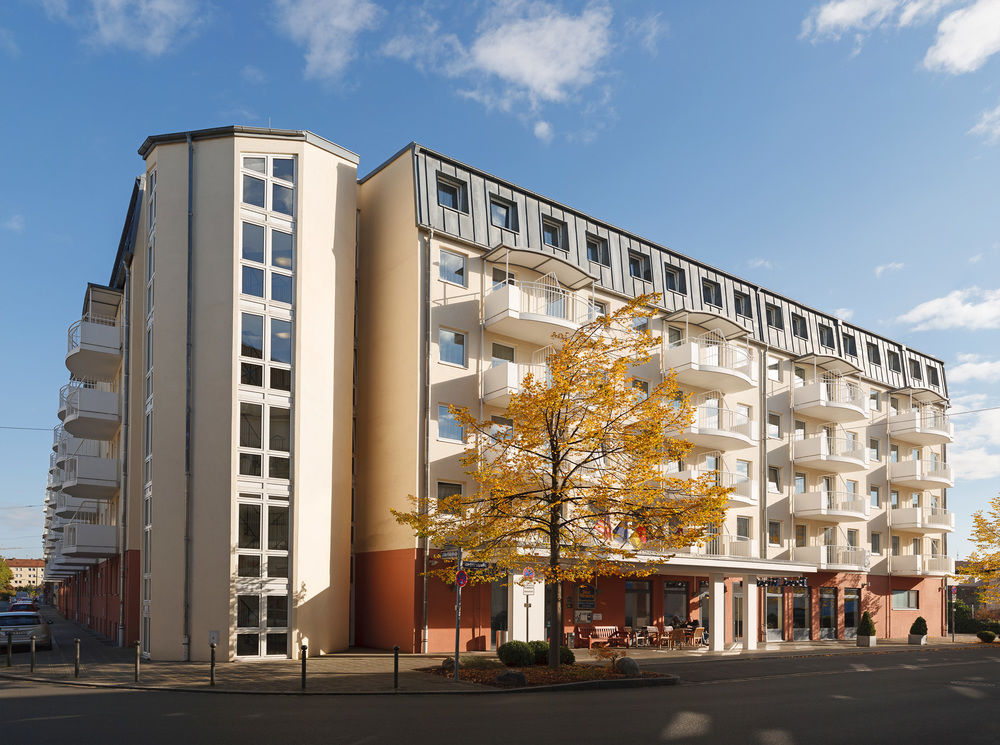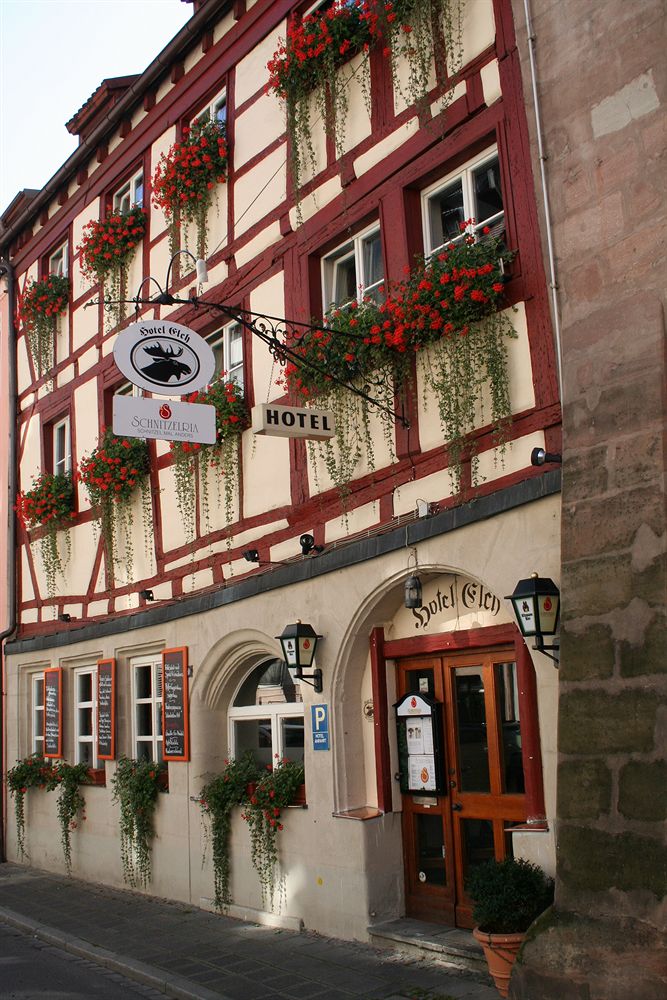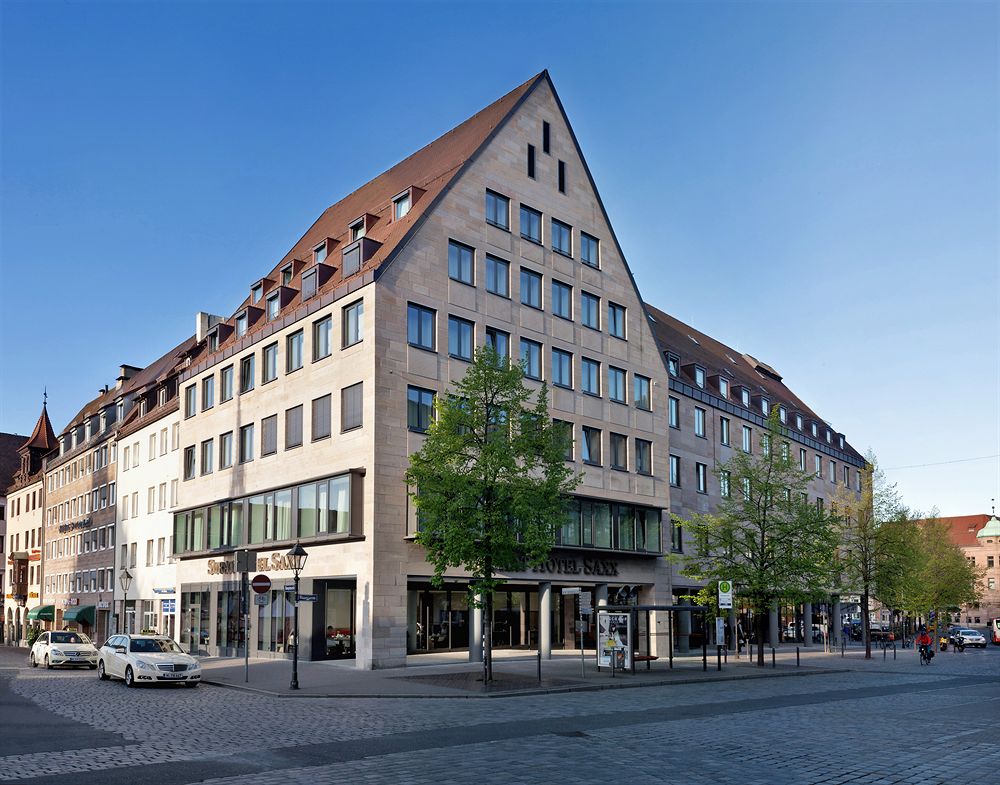
Find hotels in Nuremberg
Lowest prices detected by AI for hotels
Best
Cheapest
Star Ratings
AI Recommended
Best Hotels In Nuremberg
Cheapest Hotel Deals in Nuremberg
Top Rated Hotels
5 Star Hotels in Nuremberg
4 Star Hotels in Nuremberg
3 Star Hotels in Nuremberg
AI-recommended Destinations
Where to stay in Nuremberg
More About Nuremberg
Nuremberg (; German: Nürnberg; pronounced [ˈnʏɐ̯nbɛɐ̯k] ( listen); Nuremberg dialect: Närmberch; East Franconian: Närrnberch or Nämberch) is the second-largest city of the German federal state of Bavaria after its capital of Munich, and its 511,628 (2016) inhabitants make it the 14th largest city of Germany. On the Pegnitz River (from its confluence with the Rednitz in Fürth onwards: Regnitz, a tributary of the River Main) and the Rhine–Main–Danube Canal, it lies in the Bavarian administrative region of Middle Franconia, and is the largest city and the unofficial capital of Franconia. Nuremberg forms a continuous conurbation with the neighbouring cities of Fürth, Erlangen and Schwabach with a total population of 787,976 (2016), while the larger Nuremberg Metropolitan Region has approximately 3.5 million inhabitants. The city lies about 170 kilometres (110 mi) north of Munich. It is the largest city in the East Franconian dialect area (colloquially: "Franconian"; German: "Fränkisch").
There are many institutions of higher education in the city, most notably the University of Erlangen-Nuremberg (Friedrich-Alexander-Universität Erlangen-Nürnberg), with 39,780 students (2017) Bavaria's third and Germany's 11th largest university with campuses in Erlangen and Nuremberg and a university hospital in Erlangen (Universitätsklinikum Erlangen), Technische Hochschule Nürnberg Georg Simon Ohm, and Hochschule für Musik Nürnberg. Nuremberg Airport (Flughafen Nürnberg „Albrecht Dürer“) is the second-busiest airport of Bavaria after Munich Airport, and the tenth-busiest airport of Germany.
Staatstheater Nürnberg is one of the five Bavarian state theatres, showing operas, operettas, musicals, and ballets (main venue: Nuremberg Opera House), plays (main venue: Schauspielhaus Nürnberg), as well as concerts (main venue: Meistersingerhalle). Its orchestra, Staatsphilharmonie Nürnberg, is Bavaria's second-largest opera orchestra after the Bavarian State Opera's Bavarian State Orchestra in
 Time UTC+02
Time UTC+02 Currency EUR
Currency EUR Languages German
Languages GermanWhat’s Special about Staypia?
Compare hotel prices in real-time
AI finds you the lowest price for hotels in Nuremberg.
Lowest price for 3.16M hotels worldwide
Book with up to 31% extra discounts only for Staypia members.
Travel bucket list for Nuremberg
Plan your trip with over 17K 'must see' recommendations for Nuremberg
Frequently Asked Questions
The best hotels in Nuremberg are Sorat Hotel Saxx Nurnberg, Park Inn by Radisson Nurnberg, Leonardo Hotel Nurnberg.
The best 5 star hotels in Nuremberg are Le Meridien Grand Hotel Nurnberg, Sheraton Carlton Nuernberg. Search for the most highly rated hotels in Nuremberg
The most highly rated hotels in Nuremberg are Sorat Hotel Saxx Nurnberg, Park Inn by Radisson Nurnberg, Hotel Agneshof Nurnberg.
Generally, room reservations are subject to a free refund until the cancellation deadline. Fees may apply after the cancellation deadline, so please check the cancellation deadline on your hotel voucher or in Menu > My Reservation.
If you’re a frequent traveler, Staypia is the best place to get the best hotel deals. You can book hotels with the lowest price of 3.16 million hotels collected by AI, and receive additional discounts for members only.



